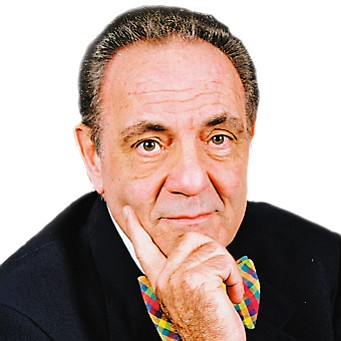Dear Mr. Berko: I am 69 and expect to retire this summer with a good pension and a sizable rollover from my company 401(k) to an individual retirement account. My IRA is invested in a combination of blue chip stocks and “pale blues,” as you call them. I recently exercised some stock options, and after paying off the remainder of our debts and the tax consequence, I have $66,000 to invest. Because I’m concerned that the market is too high, I want your advice on investing this money.
— L.D., Vancouver
Dear L.D.: In 2014, the Standard & Poor’s 500 index made a new high 53 times. And though I believe that the market is more than modestly pricey (the S&P has better than doubled since the summer of 2009), I’m pretty sure that over the next dozen years, the S&P will continue to make new highs. There are still many good issues to own, but they’re becoming more difficult to find. Fortunately, over the past year, many of the issues discussed here have done well.
I understand your reluctance, especially when such big names as Wilbur Ross, George Soros, Harry Dent, Marc Faber and Bill Gross express their gloom-and-doom opinions. Their concern is that the U.S. and other developed nations will experience anemic gross domestic product growth of less than 3 percent. And when the pros factor 3 percent into their prediction models for the future, it suggests average annual S&P returns in the mid- to low single digits.
There are more attractive investments than those in the Dow Jones industrial average or the S&P 500, and some of those opportunities can be found in today’s emerging markets. So conservative investors, and those who are retired, might consider including a few emerging-market issues in their portfolios. Emerging markets make up half of the world’s economic activities, and I believe that these markets can produce annual returns of more than 10 percent in the coming decade. Emerging markets are volatile, but if issues from those markets are included as part of a well-balanced portfolio, the risks are manageable.



